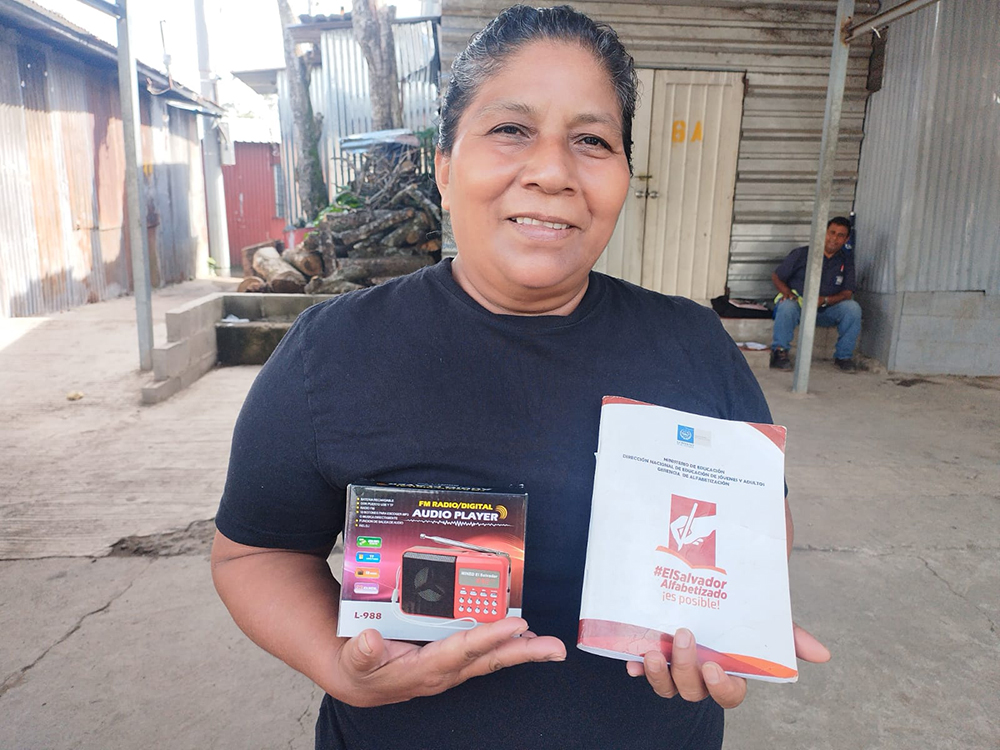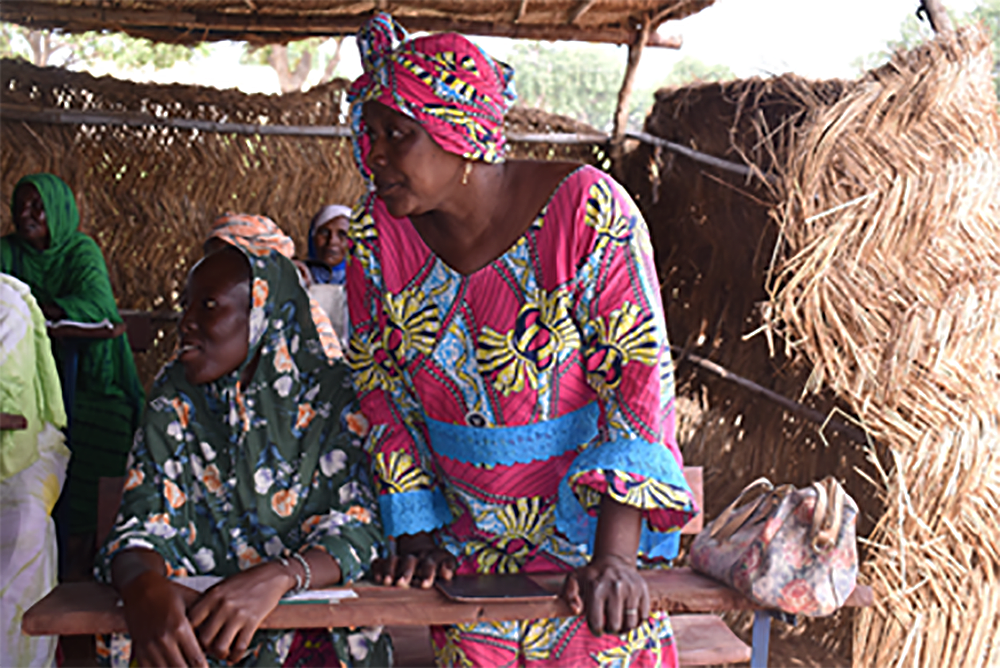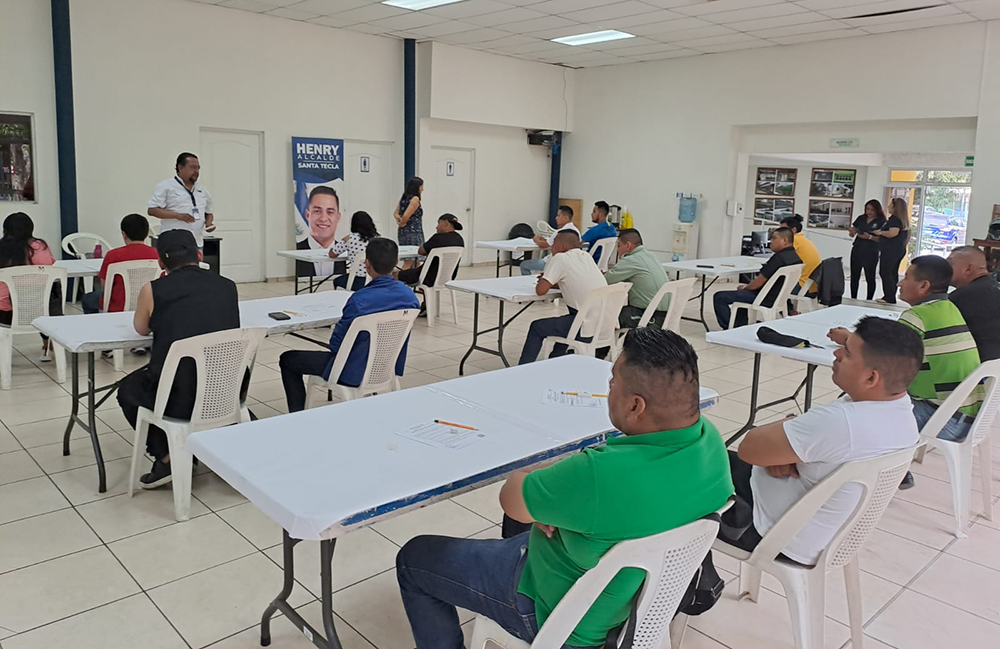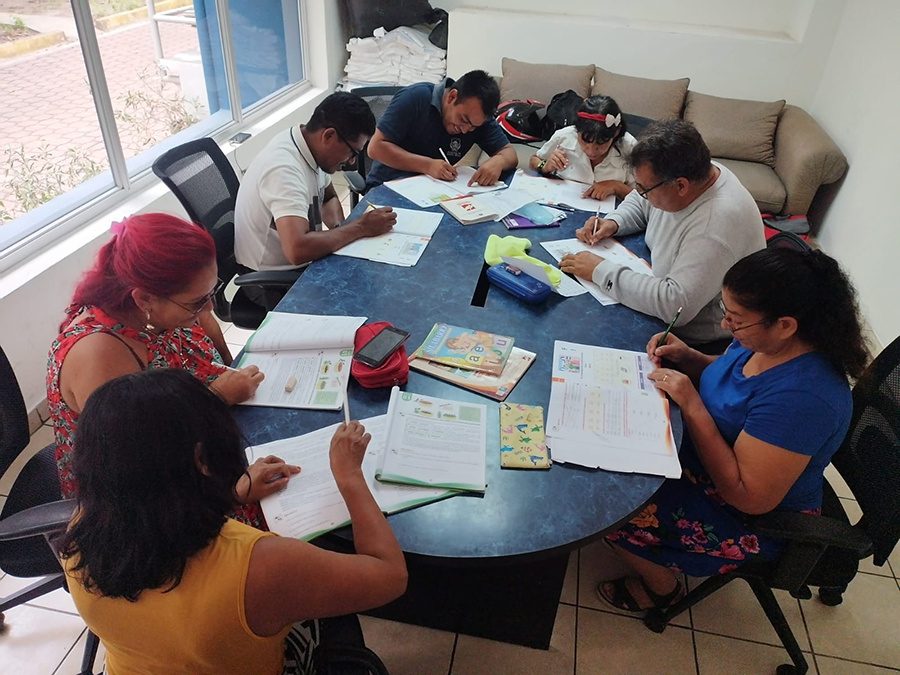World Literacy Day: Reaffirming ADRA’s Commitment to Education
September 7, 2024 | Silver Spring, Maryland, United States | ADRA International
As we stop to recognize World Literacy Day on September 8, the Adventist Development and Relief Agency (ADRA) continues to reaffirm its commitment to literacy as a foundational tool for achieving equality, individual empowerment and sustainable development. Michael Kruger, president of ADRA International, emphasizes the importance of literacy in ADRA’s work saying, “Education is a crucial element in breaking the cycle of poverty. Through literacy training and other programs, ADRA is able to help remove some of the barriers to education and provide support for the communities we serve.”
Because ADRA is a global network, we are able to tailor our literacy programs to meet the specific needs of diverse communities that include children, adults, and refugees. By providing access to quality education, ADRA empowers individuals with the skills needed to improve their lives and give back to their communities.

A woman taking literacy classes led by ADRA in El Salvador displays her workbook and a audio player gifted to her recently while she studies how to read and write. [Photo: ADRA International]
Mali:
In Mali, the adult literacy Program began when the local ADRA office noticed there was a need among Internally Displaced Persons, or IDP’s in the region of Segou, to learn the local language Bambara, to read and write, and find ways to help financially support their families.
ADRA Mali constructed and renovated classrooms and shelters, turning them into accessible learning spaces for children and women. They also taught the IDP women soap making as a way to earn a small amount of money for their families. The women who attended these/this literacy and numeracy classes/literacy program were able to form a community, finding a network of support and friendship.

Women in Mali attend a literacy program led by ADRA International. [Photo: ADRA International]
In Segou, Zeïnabou has not been able to communicate with the community around her because they speak Bambara, the spoken language in that region. She, along with her sisters and fellows spent their time being idle because in the camp, they didn’t have land to cultivate or a way to earn money. When Assita from ADRA Mali, came to encourage her and others to take part in the ADRA’s adult literacy and numeracy program, Zeïnabou was hesitant because her first priority is earning an income that will help feed her and her family.
However, after meeting Assita again, she agreed to join the literacy program. At first Zeïnabou felt lost, she’d never been to school. After six months attending the program she is learning to count and recite letters and words in the Bambara language. Now she’s able, little-by-little, to communicate with the people in her community. Through the program, she has also found a group of women who can support and learn from each other.”

One of the many literacy classes ADRA International is assisting in El Salvador. [Photo: ADRA International]
In El Salvador, ADRA has created more than 120 literacy schools that have provided life-changing opportunities for many in the country. The program doesn’t just teach students to read and write, but gives them confidence to continue their education and find jobs.
More than 8,000 people have participated in ADRA El Salvador’s literacy program over the years, and there are now more than 1,000 students currently enrolled across the country. In addition to literacy training, the program also allows people who didn’t finish their high school degree, to complete it, and receive their diploma. In 2023, ADRA helped 1087 people learn to read and write or finish their diplomas.

Government employees in the city of Santa Tecla, in El Salvador, study during a literacy class to learn how to read and write after work. [Photo: ADRA International]